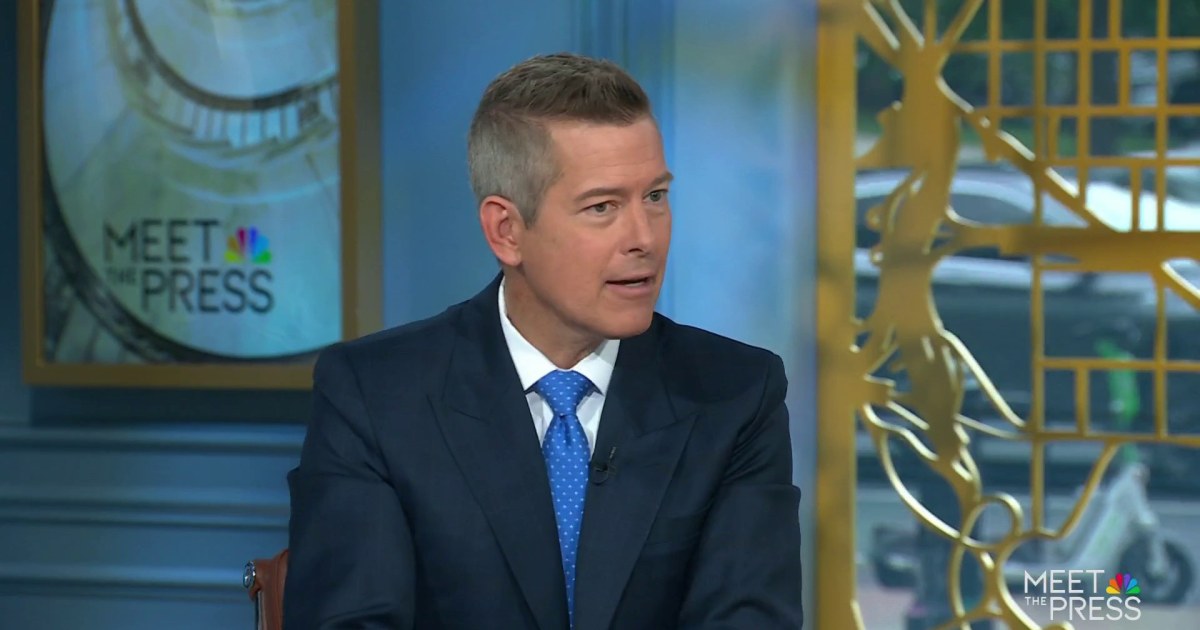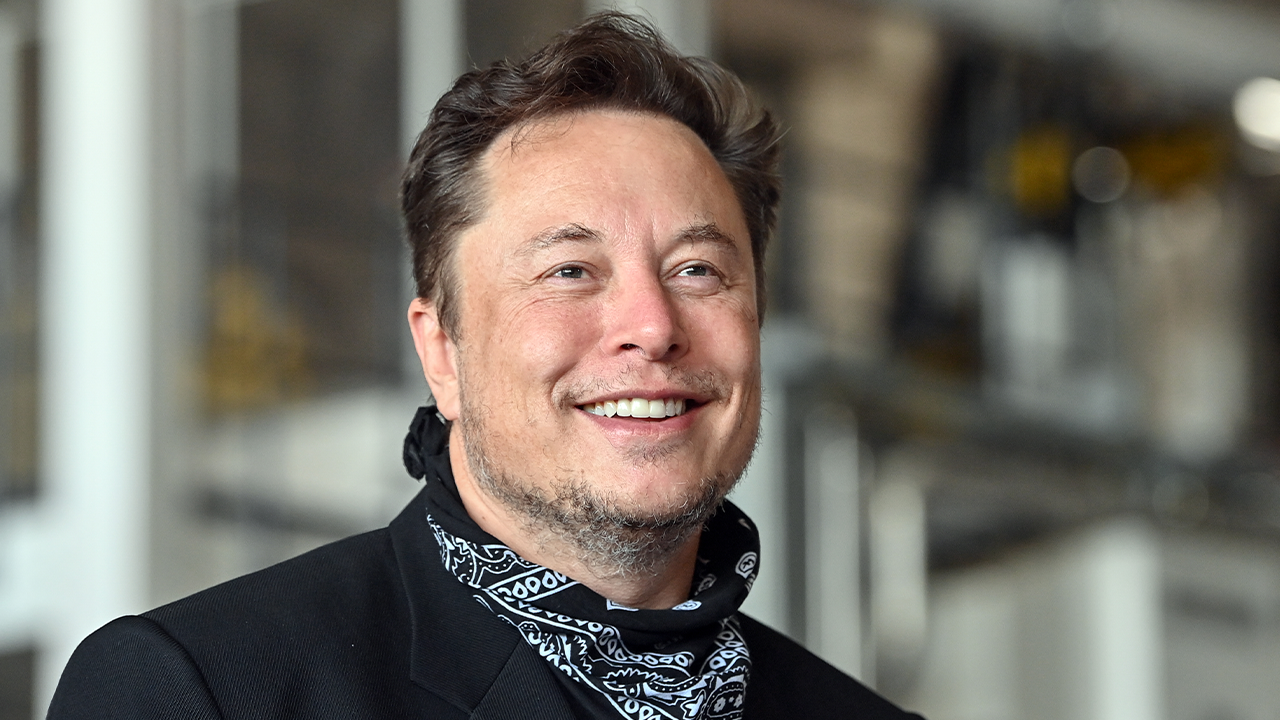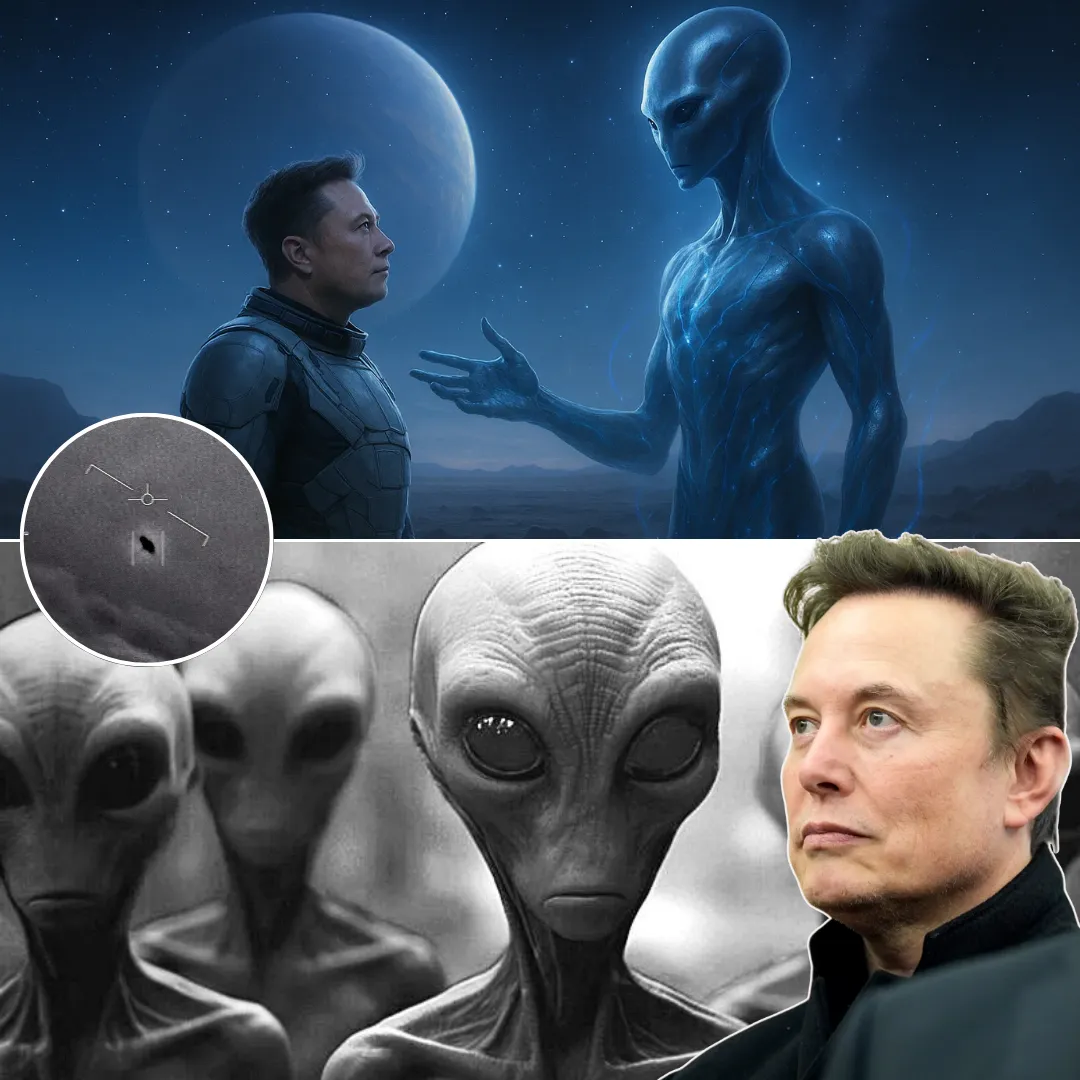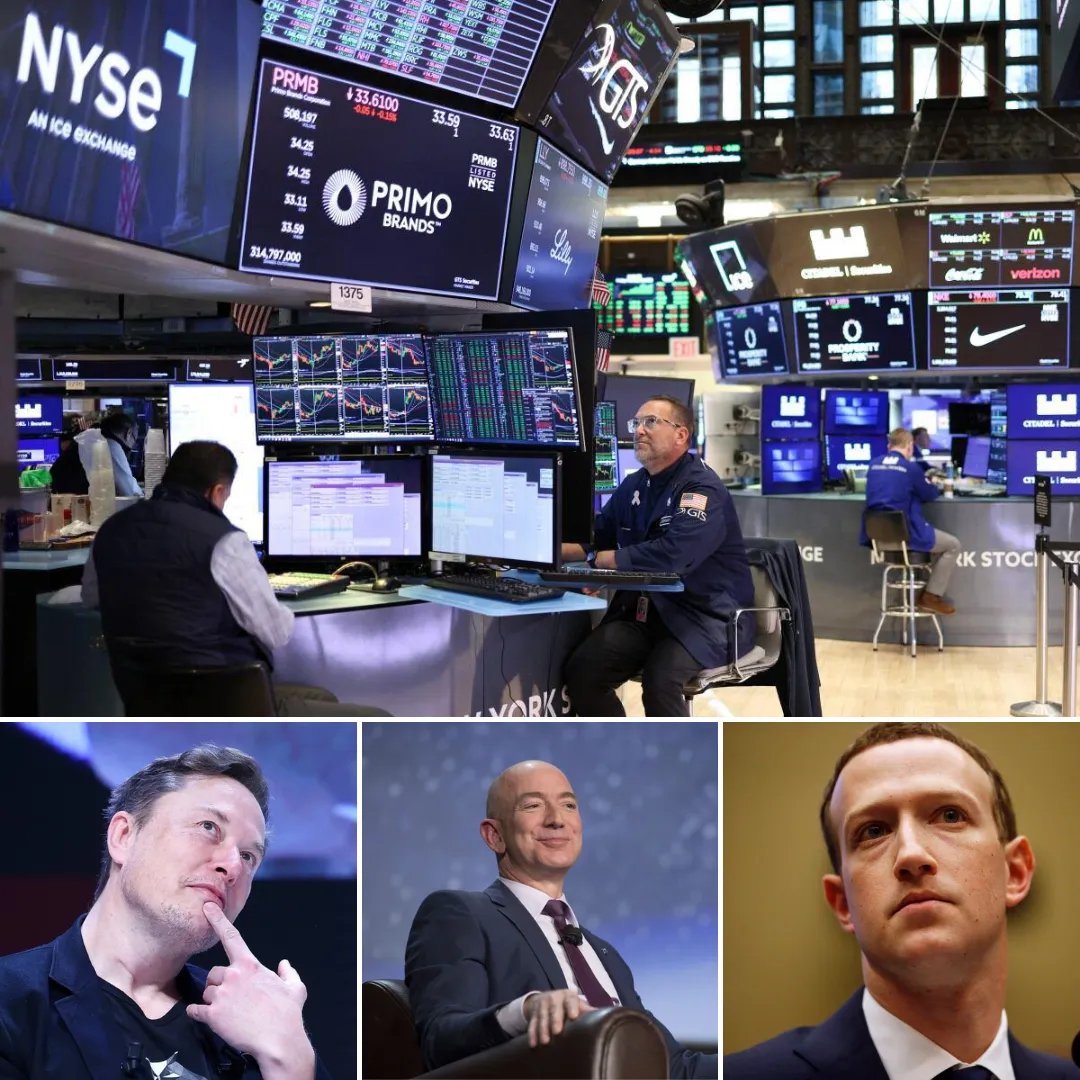
Transportation Secretary Sean Duffy took to national television Sunday in a high-stakes attempt to contain growing public scrutiny following a string of recent air traffic failures and aircraft incidents across the United States. In a widely watched interview on NBC’s Meet the Press, Duffy repeatedly insisted that Elon Musk, the billionaire head of SpaceX and architect of the newly formed Department of Government Efficiency (DOGE), bore no responsibility for federal cuts that many fear have crippled the FAA’s ability to manage American airspace safely.
Duffy’s media blitz followed a week of chaos for U.S. air travel. Delays, outages, and technical failures — most notably at Newark Liberty International Airport — have revived national anxieties about the Federal Aviation Administration’s competence and funding. While no single incident has been definitively linked to DOGE or Musk, mounting concern has prompted renewed scrutiny of the White House’s sweeping budget cuts under the guise of efficiency.
At the center of it all is the question: Has a billionaire’s vision for a “leaner government” endangered the very infrastructure that keeps airplanes from colliding?

In his appearance, Duffy sought to draw a clear line between the FAA’s aging infrastructure and any suggestion of intentional sabotage by Musk or DOGE. “This is a system that’s 25, sometimes 50 years old,” he said bluntly. “The Congress and the country haven’t paid attention to it — they expect it to work, but it hasn’t been modernized in decades.”
Duffy pointed to telecom issues and obsolete software as the root causes of recent disruptions, saying, “The lights are blinking, the sirens are turning, and they’re saying, ‘Listen, we have to fix this.’”
But host Kristen Welker pushed back hard on that narrative, confronting Duffy with the reality that DOGE, under Musk’s guidance, has overseen federal workforce reductions, including within the FAA. She asked directly whether Musk’s agency had contributed to the crisis by cutting air traffic controllers or delaying the modernization of essential infrastructure. Duffy remained defiant: “We’ve actually staffed up. We’ve hired more air traffic controllers during this time.”
He acknowledged, however, that roughly 350 probationary employees — those who had been with the FAA for less than a year — had been let go during DOGE’s workforce review. Still, he maintained that “no safety-critical positions were eliminated” and claimed many of those dismissed had since returned. “The FAA has 46,000 employees,” he said. “Losing 350 — that’s not what’s affecting our safety mission. Safety is our top priority.”
Welker didn’t relent. At the heart of public concern is a belief that Musk — known for his aggressive business style and disregard for regulatory norms — may have influenced personnel decisions within the FAA through his role in DOGE. She asked pointedly whether Musk had ever requested cuts to air traffic controllers. Duffy’s answer was unequivocal: “He never called me and said ‘cut air traffic controllers.’ He would never do that.”
Still, Duffy acknowledged that discussions had taken place about which FAA roles were to be preserved and which could be streamlined. “This was a broader conversation about what positions are going to be preserved. It was the new employees that we were going to let go,” he explained. “Many of them have come back.”
Perhaps in a bid to soften the public’s perception of Musk, Duffy painted the SpaceX CEO as someone deeply invested in safe airspace. “SpaceX launches through the airspace and the FAA. We want good controllers that know the airspace to navigate all the issues that come up,” he said, adding that Musk “understands the importance” of robust air traffic control systems.
Yet the reassurance rang hollow for many observers, especially as Duffy conceded that more technical failures could be expected. “What you see in Newark is gonna happen in other places across the country,” he warned, a sobering prediction that underscores the scale of America’s aviation vulnerability.

The political stakes are high. Musk’s DOGE agency, championed by the Trump administration as a radical rethinking of government efficiency, has been the subject of heated debate since its inception. Critics argue that Musk’s anti-bureaucratic ideology is ill-suited for federal safety agencies where redundancy and regulation are necessary, not wasteful. Proponents, however, claim that government bloat — particularly in legacy departments like the FAA — is a greater threat to safety than streamlining.
For now, Duffy’s defense of both DOGE and Musk appears to be an attempt to balance political loyalty with crisis management. His comments echoed talking points from the White House, which has maintained that FAA funding and staffing are sufficient and that the real culprit is neglect by past administrations.
“This didn’t happen overnight,” Duffy said. “This system has been slowly decaying.”
Despite the administration’s efforts to change the narrative, aviation experts and union leaders remain unconvinced. The National Air Traffic Controllers Association (NATCA) has issued repeated warnings that staffing levels are dangerously low, especially at busy hubs like Newark, Atlanta, and Los Angeles.
Internal reports show increased fatigue among controllers, some of whom now handle workloads well beyond safe norms.

Meanwhile, watchdog groups have demanded an independent audit of DOGE’s influence on FAA operations. “We cannot allow billionaires to make decisions that affect millions of lives without transparency,” said one senior analyst at Public Service Oversight, a Washington-based non-profit. “If Elon Musk wants to lead a space agency, fine — but our domestic airspace is not his playground.”
Public frustration is growing, especially among travelers who have experienced delays, cancellations, and the stress of increasingly unpredictable flight schedules. Social media has lit up with memes comparing the current state of U.S. airports to third-world conditions — a particularly stinging irony for a country that once pioneered global aviation leadership.
As for Duffy, his performance on Meet the Press may have calmed some nerves but likely raised new questions. In defending Musk, he exposed the uncomfortable truth that one of the most powerful unelected figures in America today may be shaping federal policy in ways the public never approved.
For now, the skies remain crowded, controllers are overstretched, and software glitches continue to expose cracks in the system. Whether DOGE’s philosophy of "efficiency over bureaucracy" will hold up against mounting evidence of dysfunction remains to be seen.
But one thing is clear: as the U.S. struggles to keep its planes flying safely and on time, Elon Musk’s name — and his hand in the system — will remain impossible to ignore.



-1749890798-q80.webp)
